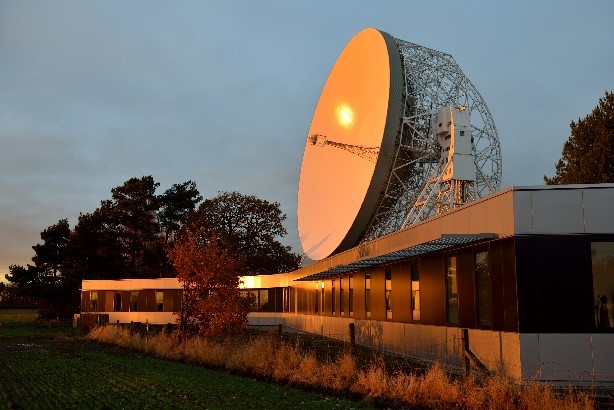Reviewing Integrated Logistics Support for The Square Kilometre Array (SKA) Project
The SKA project is an international effort to build the world’s largest radio telescope with a square kilometre (one million square metres) of collecting area. The SKA telescope will be co-located in Africa and in Australia. It will have an unprecedented scope in observations, exceeding the image resolution quality of the Hubble Space Telescope by a factor of 50 times, whilst also having the ability to image huge areas of sky in parallel. The SKA Organisation, with its headquarters at Jodrell Bank Observatory, near Manchester, UK, was established in December 2011 as a not-for-profit company in order to formalise relationships between the international partners and to centralise the project leadership. There are currently eleven countries that are members of the SKA Organisation – Australia, Canada, China, Germany, India (associate member), Italy, New Zealand, South Africa, Sweden, the Netherlands and the United Kingdom.
SKA Headquarters
The SKA is not only vast in scale, covering huge tracts of the desert regions in Africa and Australia, but is also one of the most complex science projects ever conceived. With the SKA, a global effort involving thousands of engineers, scientists, astronomers and construction specialists will work together to deliver a truly remarkable telescope. This is why Systems Engineering is a necessary approach for the project – it is a formal way to ensure that the hardware and software used is not only of the highest quality standards, but that it also delivers real value for money.
Our Approach
We developed the preliminary maintenance plans for the SKA, including:
- A review of and report on each of the following Integrated Logistics Support (ILS) elements: construction support requirements; personnel; training; manuals and technical publications; spares; facilities; support and test equipment; packaging, handling, storage and transportability
- A Logistics Support Analysis (LSA) record, to ensure that optimum system performance, continuity and availability are achieved at minimum life-cycle cost. LSA is widely used by the military for the implementation and management of effective corrosion control and prevention program
- A maintenance plan for the system, including the corrective and preventative approaches based on trade off analysis of the predicted system reliability, maintainability, and costs
Within MMI, Systems Engineering is delivered through 3 key areas – Requirements Management (specifying requirements to fix a problem and managing delivery throughout the project lifecycle); Asset Management (supervising investment decisions of both physical and intangible assets); and; Asset Performance (understanding existing assets and predicting the potential of new assets to inform investment decisions).
For more information surrounding our Systems Engineering capabilities, please contact us on 01925 230 655 (Warrington) or email us.
